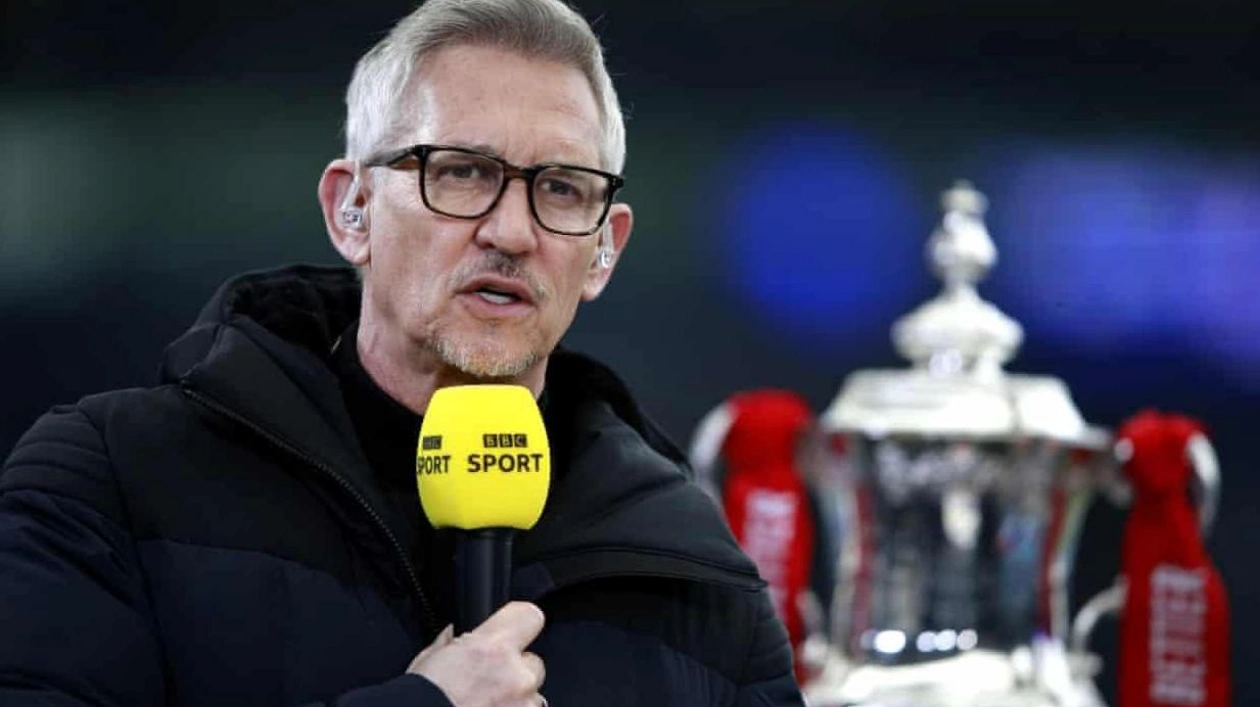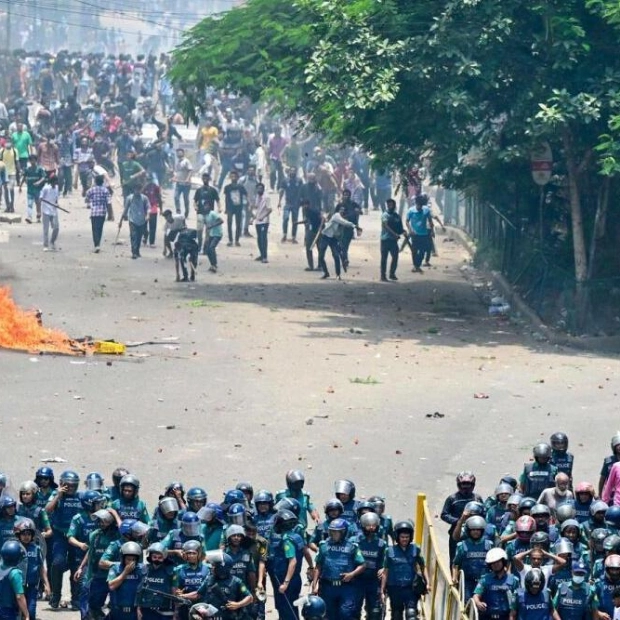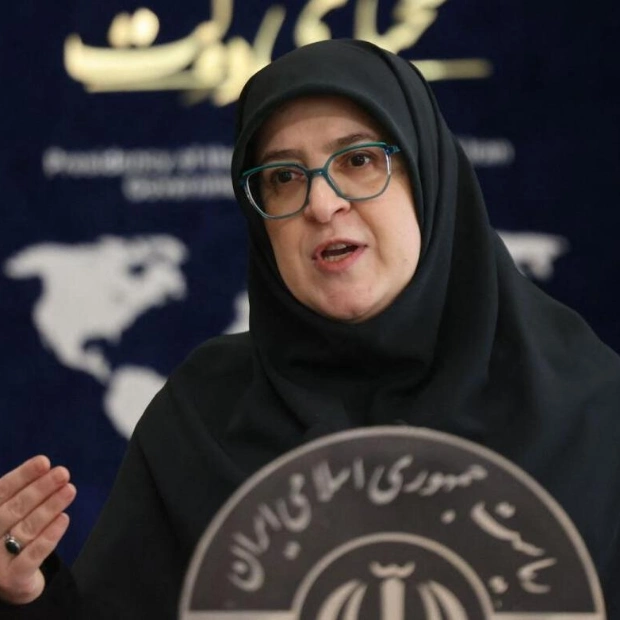In my youth, whenever acquaintances of my parents inquired about my future aspirations, I would invariably respond: ‘Be Des Lynam’ – primarily to bring the conversation to a swift close, allowing me to retreat upstairs and indulge in Sensible Soccer. Yet, it seemed like an enjoyable ambition at the time. Consequently, I was filled with anticipation a few weeks ago when I received a screenshot of the odds for the next host of Match of the Day. I was listed as the sixth favourite at 12-1! This was gratifying – now, it merely required eliminating Dan Walker, Colin Murray, Jeff Stelling, Manish, and Chappers, and the coveted position would be mine. I suppose suspicions might arise after the initial few disappearances.
It was only a few days later that I discovered these odds were from 2015 – I shouldn’t have forwarded that screenshot so many times. Nearly a decade later, I don’t seem to be among the contenders. Not even a mention – not even Richard Osman, who is at 100-1. Osman has achieved more success than any of the memorable meals we collectively recall; undoubtedly, he’d excel at MOTD too.
From a broadcasting standpoint, hosting Match of the Day likely isn’t overly challenging. I’m not suggesting I could do the show with my eyes closed, but there’s a high likelihood I would, given the show’s start time. The primary skill would be staying awake for the 10.30pm broadcast after being in the office since midday. Those with conventional jobs might scoff, but spending the day watching football while being served food and coffee is oddly exhausting. Everyone in that office must think: we’ve wrapped up by 7pm, if we pre-record, we could be home in time for Match of the Day – a tricky scenario to avoid knowing the scores if you’ve worked on the show that afternoon.
The actual task of greeting viewers and inserting a joke about Alan Shearer and Danny Murphy’s hair before announcing Guy Mowbray’s presence at the Emirates feels entirely manageable, even for the 2015 sixth favourite. It might be considered sacrilege, as it’s often seen as the pinnacle of sports broadcasting, but hosting live football is the simplest task in this industry (an open goal for those who might suggest I make it look incredibly difficult). People aren’t tuning in for you; they’re tuning in for Manchester City’s latest defeat – Spurs fans know what’s coming this weekend.
You have pundits eager to talk – contrast that with a three-hour Saturday morning comedy football show where your guests are a nervous QPR striker and an indie band who partied all night. Essentially, you’re just trying to find different ways to ask: ‘What did you make of that, Brian?’ And with a highlights show, you don’t need to react in real-time to the action. It’s all prepared for you. You know how much good content is already in the can.
That said, Gary Lineker is an absolute master at it, as is Mark Chapman on Match of the Day 2. Indeed, the same can be said of all those at the top of the profession: Kelly Cates, Dave Jones, Gabby Logan, etc. It’s a competitive field, and reaching the top without being proficient is rare.
The immense interest in who hosts a football highlights show is fascinating, especially now that highlights are easily accessible hours before the show. Part of it is the scarcity of TV institutions. Part of it is Lineker himself. His salary and his empathy for others, regardless of origin, provide ample fodder for those with too much time on their hands to debate the licence fee. These culture wars write themselves.
For anyone to host a major TV show – sporting or otherwise – for 25 years in a capricious industry is a remarkable feat. It must be peculiar for Lineker that so many viewers now see him as a broadcaster first, footballer second (I know from experience how unsettling that is; you adapt over time).
What hasn’t been extensively discussed in the ‘Who will be the next host?’ debate is that Match of the Day is an exceptional show. The true stars are the editors: condensing eight football matches into an hour and a bit, without losing the narrative of each game, in just a few hours after the final whistle, is a genuine art form. Anyone who has attempted football commentary knows its difficulty, let alone the preparation required. Done well, it’s an extraordinary talent. Maintaining that quality weekly is truly impressive.
There’s a lot of lazy social media commentary about the often excellent Match of the Day punditry. Selecting two or three key moments from a game and breaking them down tactically in a couple of minutes takes real skill. Often it’s obvious – ‘Was this a penalty?’ ‘What a great goal this was’ – but when you’re choosing examples of Brentford’s press or why Curtis Jones was pivotal to Liverpool’s dominance, finding, cutting, and explaining it isn’t straightforward.
All shows need refreshing occasionally, but the foundations of MOTD are incredibly robust. Much like Arne Slot, whoever steps in should recognize this is a solid entity that doesn’t require tampering. And if the 30 or more individuals ahead of me in the pecking order mysteriously vanish, I’m not ruling myself out.
Source link: https://www.theguardian.com






